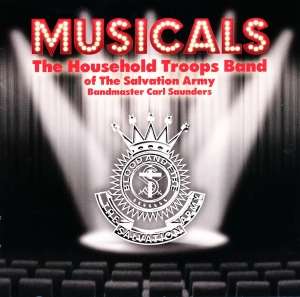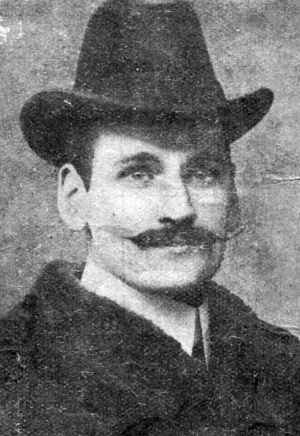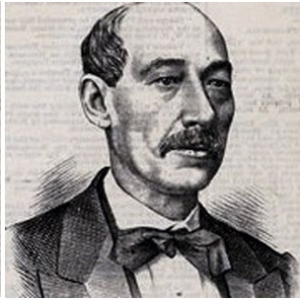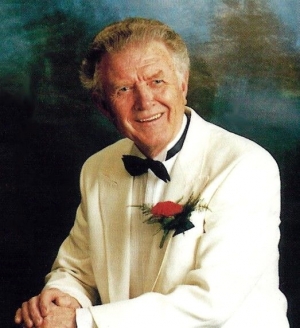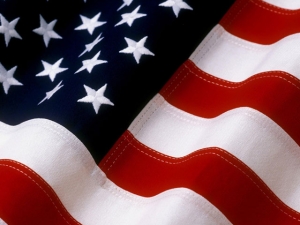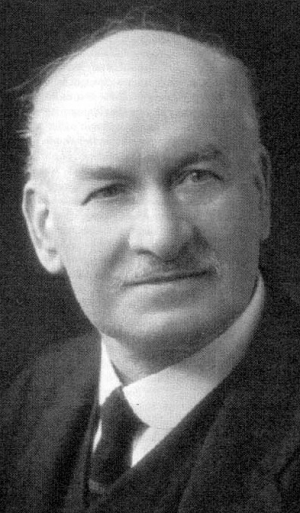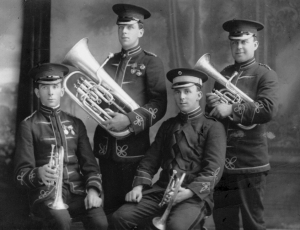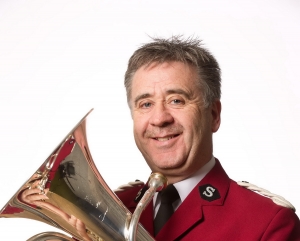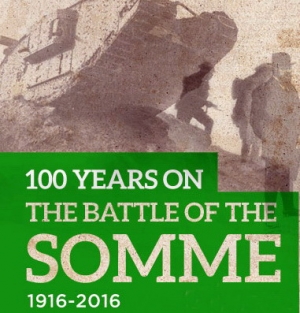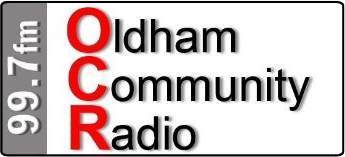
Talk Subjects
Chris Helme
Joseph Weston Nicholl (1876-1925), conductor of the West Riding Military Band 1908-10 and of Black Dyke 1910-12. His father was Halifax organist. Joseph a protégé of the great violinist Joachim, studied under him in Berlin and later with Rheinberger at Munich and Guilmant in Paris. Nicholl was a fine violinist, organist and pianist.
His best known brass band composition was the tone poem 'The Viking' recorded by Black Dyke in 1923; his arrangements for brass included Bach's Little Fugue and Reubke's Organ Sonata on Psalm 94.
For military band he wrote a Festival Overture and a Commemorative Ode and March for the Jubilee of the opening of the Halifax People's Park.
He died, sadly early, of tuberculosis (ill health had prevented his being more than an adviser to Black Dyke for the last 13 years of his life).
The National Champions (1925), the St Hilda's Band, travelled to Halifax to join with his in a moving concert tribute to him.
Claudio S. Grafulla (1812–1880) was a composer in the United States during the 19th Century, most noted for martial music for regimental bands during the early days of the American Civil War.
Born in 1812 on Minorca, an island off the coast of Spain. At the age of 28, he emigrated to the United States, where he became a French horn player in Napier Lothian's New York Brass Band in New York City.
He was a quiet, unassuming man who never married; his whole life centered on his music. His remarkable technical and musical skills allowed him to become well known as a composer, often writing music to order and an arranger. His fame spread widely and very quickly.
Grafulla composed Washington Grays in 1861 for the 8th Regiment, New York State Militia. This work has been called a march masterpiece, a band classic, and the prototype of the concert march. It dared to break the old formulas because it has no introduction.
This march is a favourite throughout that banding world...
In 1975, The Major, as he was always called in brass band circles, was invited to conduct Black Dyke Mills Band (now Black Dyke Band) as a one off at the National Brass Band Championships at the Royal Albert Hall. The test piece was Robert Farnon's Un Vie De Matelot. The band was placed first, three points ahead of its nearest rivals Stanshawe and Brighouse and Rastrick bands. Following this success he was invited to be the band's professional conductor, a position he was to hold for the next 14 years.
The combination of the Major's musical interpretation and inspired leadership coupled with the band's top draw performances both on the contest platform and the concert stage around the world, made it an almost unbeatable combination.
With prizes at the very highest level - European, British National and British Open Championships. There are few conductors in the history of the brass band movement that have taken a band to seventeen titles, in such a relatively short time.
Independence Day of the United States, also referred to as the Fourth of July or July Fourth in the U.S., is a federal holiday commemorating the adoption of the Declaration of Independence on July 4, 1776, by the Continental Congress declaring that the thirteen American colonies regarded themselves as a new nation, the United States of America, and no longer part of the British Empire.
Independence Day is commonly associated with fireworks, parades, barbecues, carnivals, fairs, picnics, concerts, baseball games, family reunions, and political speeches and ceremonies. In addition to various other public and private events celebrating the history, government, and traditions of the United States. Independence Day is the National Day of the United States.
The second half of today's show is a themed programme of music linked to USA and its celebrations for Independence Day.
George Allan - 1864 / 1930. The march king of the North East of England. Born on the 16 March 1864 into a musical family in Shildon. He was a composer of such excellent contest marches as Knight Templar, Senator and Raby - marches that are all played regularly on the Whit Friday contest circuits.
He also conducted the New Shildon Saxhorn Band and was conductor of the orchestra which accompanied the All Saint's Amateur Operatic Society. He both published and printed his own music.
Throughout his life George Allan worked as a wagon painter in the Shildon Railway Works. He died in March 1930, aged 65.
In this week's programme is one of his most famous marches The Wizard ................ Enjoy
Star players from Australia - (From bottom left): Frank Wright, Percy Code are shown with C. Sheehan, euphonium and E. Jones, tenor horn. Seen here in this City of Ballarat Municipal Band quartet.
Originally from Hamilton, Scotland, Derick joined the ISB as principal euphonium in 1976, maintaining that position to the present.
The first solo he performed with the band was Song of the Brother at Doncaster in 1976. Other notable occasions include; Silver Jubilee concert at the Royal Albert Hall, London, 1977, playing The Conqueror, The SA International Congress in 1978 at RAH, London (The Better World), The four staff bands concert at The Roy Thomson Hall, Canada in 1994 (Song of the Brother) and in 2011, the ISB120 celebration at RAH, London (Scottish Folk Variants).
In 1991 at the ISBs centenary concert at the Fairfield Halls, Croydon Derick was awarded Euphonium Player of the year by the the British Bandsman magazine.
Derick worships at the Bexleyheath corps (South London), currently conducting the corps band.
I have two tracks on this week's show one in 1977 and another in 2013 - a player who seems to get even better as the years go by and long may it continue
The Battle of the Somme, also known as the Somme Offensive, was a battle of the First World War fought by the armies of the British and French empires against the German Empire. It took place between 1 July and 18 November 1916 on both sides of upper reaches of the River Somme in France. It was the largest battle of the First World War on the Western Front; more than one million men were wounded or killed, making it one of the bloodiest battles in human history.
The first day on the Somme (1 July) was the worst day in the history of the British army, which had c. 57,470 casualties. The British troops on the Somme comprised a mixture of the remains of the pre-war regular army, the Territorial Force and the Kitchener Army, which was composed of Pals battalions, recruited from the same places and occupations.
The music in the second half of this programme is dedicated to those brave soldiers who fought and died at The Battle of the Somme. In a few days time it is 100 years since that battle...
Talks Available
All the presentations are timed to last up to an hour except where shown - questions are gladly taken after the presentation. All have been presented to male, female and mixed audiences of varying age groups.
-
A Postcard from the Past
The Sunny Vale Pleasure Gardens, Halifax - Yorkshire’s Alton Towers of the…
-
All in a Days Work
Reminiscences from 30 years in the Police Service – (humorous lecture presentation)…
-
Legends from the world of Brass Bands
(Info-tainment – digital slides & music) – 1 hour presentation.
-
A Week in May
A story based on the Murder of Lord Frederick Cavendish (of the…
- Memories of Christmas Past
-
The Road to Publication
In 1979 I was asked to assist in presenting a series of…
-
How we used to live
We have all seen and experienced changes in our lives. Bring back…
- Holiday Memories from the Past
-
Other Folks Rubbish (Not suited to a Zoom presentation)
With a local history theme… – (thought provoking humorous lecture presentation) –…
- So you want to be a Pirate ? - The life of a Pirate was not all that it seemed
- Superstitions, New Year Resolutions and the Origins of St Valentine's Day
- Brighouse at Work
-
Sorry but I am not able to accept any more face to face talk bookings at the present time ONLY ZOOM TALKS


